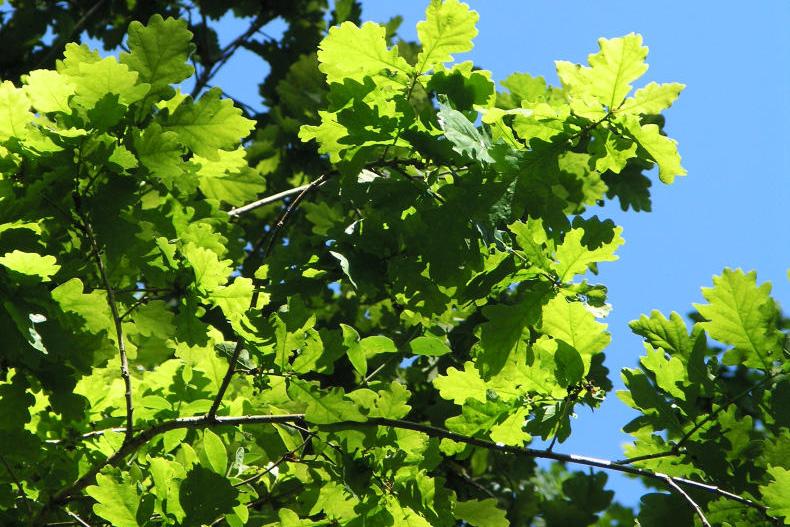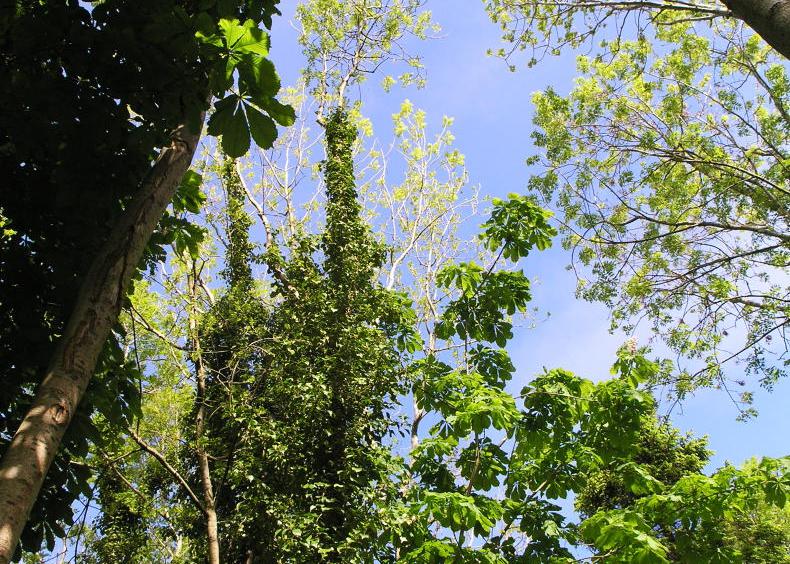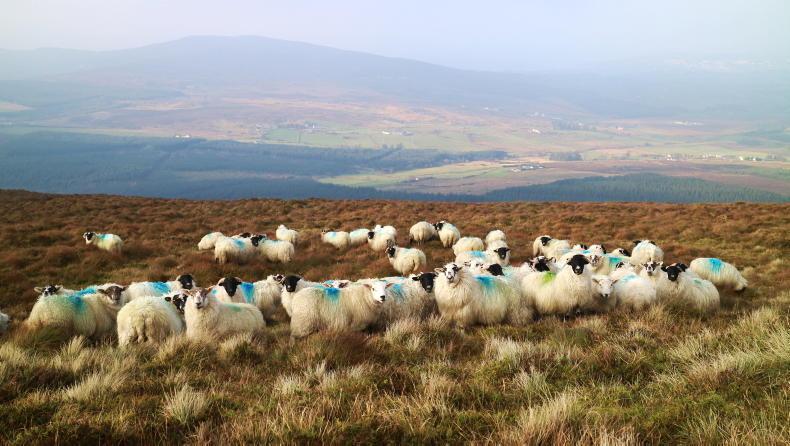Andrew Doyle Minister of State with responsibility for forestry recently announced a new Woodland Environmental Fund (WEF) “to boost the creation of more native woodlands in Ireland”. The initiative provides an opportunity for businesses to partner with the Government and Irish landowners to plant an additional three million native trees between now and 2020 according to Minister Doyle.
The fund will allow public-private collaboration in the creation of native woodlands.
“Under my Department’s current Forestry Programme, I am delighted that planting of such woodlands has more than trebled in the last five years but I believe we can drive this further through the WEF.”
He said the fund provides an opportunity for Irish businesses to partner with the Department’s existing afforestation scheme to fund the planting of these woodlands.
“The benefits of this partnership will be for everybody from the landowner, mainly farmers, the sponsoring businesses through to society resulting in the delivery of new native woodlands and the proven benefits they deliver for water quality, climate mitigation and biodiversity.”
Under the scheme, the Department covers the cost of woodland establishment and also pays a premium to the woodland owner each year for 15 years, which amounts to €16,440 per hectare in state support as provided under the Native Woodland Scheme. However in the WEF, the farmer or other woodland owner receives an additional €1,000 per hectare as a once-off top-up payment from the participating individual business. Other supports such as thinning and roading grants will also be available as the woodland matures.
Ownership
While the participating business will have no ownership rights or ecosystem services to the native woodland funded, it can promote its involvement in the fund in a number of ways such as demonstrating its commitment in achieving sustainable development goals.
It will also allow businesses to increase awareness among employees, customers, trading partners and the media, of the benefits of native woodlands and their involvement in restoring these important natural resources. In effect, businesses can buy in to a positive environmental project by providing as little as 6% of the total cost when grants and premium payments are factored in. Minister Doyle encouraged businesses to take part in the initiative saying “the WEF is an ideal Corporate Social Responsibility (CSR) project, as the restoration of Ireland’s once-vast forests of oak, birch, pine and alder invokes a shared emotion amongst many of its citizens”. He said businesses can be associated with individual native woodlands and use the environmental benefits linked to these forests to demonstrate that they are meeting their corporate social responsibilities. “These forests will become a long-lasting feature of the landscape, providing environmental benefits on an ongoing basis and adding colour and diversity to an area that can be enjoyed by local people and visitors alike.”
John O’Reilly, CEO of Green Belt, welcomed the WEF and agreed with Minister Doyle that the scheme is an ideal CSR project. He pointed to the establishment of 130ha of native woodlands by Green Belt as part of a Microsoft initiative along with Natural Capital Partners and Forest Carbon Limited and said this could be replicated around the country.
The WEF is being run on a pilot basis until the end of the current National Forestry Programme 2014-2020. The outcome of the pilot phase will be used to inform the design of the next programme.
The Department has worked with a range of stakeholders on the design of the fund including NewEra and Natural Capital Partners. Businesses interested in taking part in the WEF should contact:
Karl Coggins at e-mail: karl.coggins@agriculture.gov.ie / tel. 053-916 5521 / 087-9942450. Google Woodland Environmental Fund for further information.
Mixed reaction to Minister Doyle’s announcement of €103m for the Forestry Programme in Budget 2019
There has been mixed reaction to the allocation of €103m for the Forestry Programme in Budget 2019. One spokesperson for a forestry company said the allocation reflected the underperforming afforestation programme but maintained that the continuing annual funding decrease for forestry was worrying. The budget allocation this year is €3m down on last year and reflects a gradual decrease since 2013 when funding was €116m. Minister Doyle said the €103m including an unspecified capital carryover for 2019 is Government recognition of the on-going contribution of the forestry sector in Ireland and its importance for both the rural economy and for helping achieve climate change mitigation targets. “This year has seen a re-orientation in forestry policy, with a higher grant available for broadleaf plantings, as part of the mid-term review of the national Forestry Programme, and 2019 will see a further implementation of this,” he said. He pointed to recent initiatives such as the Neighbourwood scheme, the Woodland Environmental Fund and the recent launch of the forestry Knowledge Transfer Groups (KTGs). He said he had secured additional funding to continue the KTGs into 2019.









SHARING OPTIONS